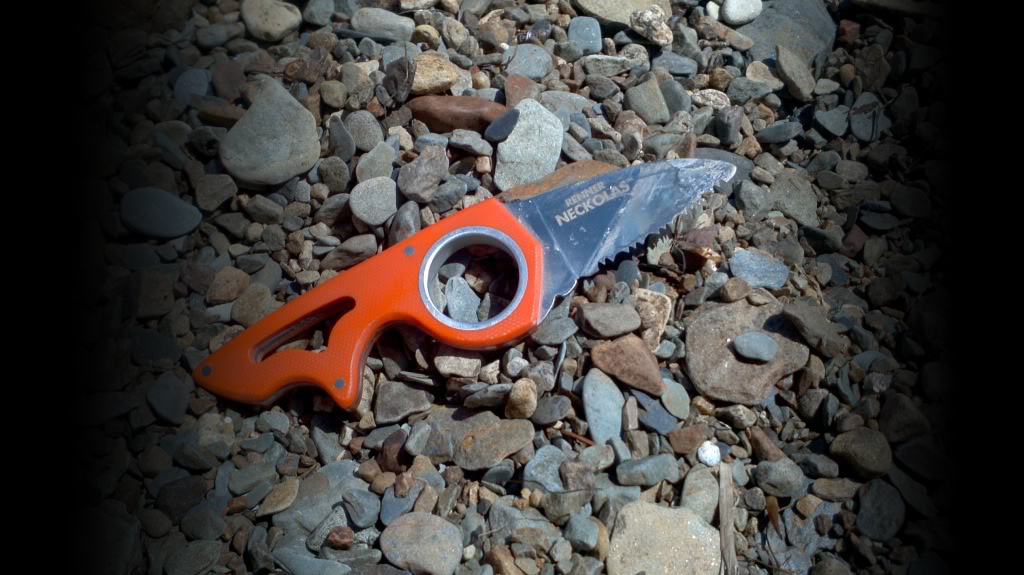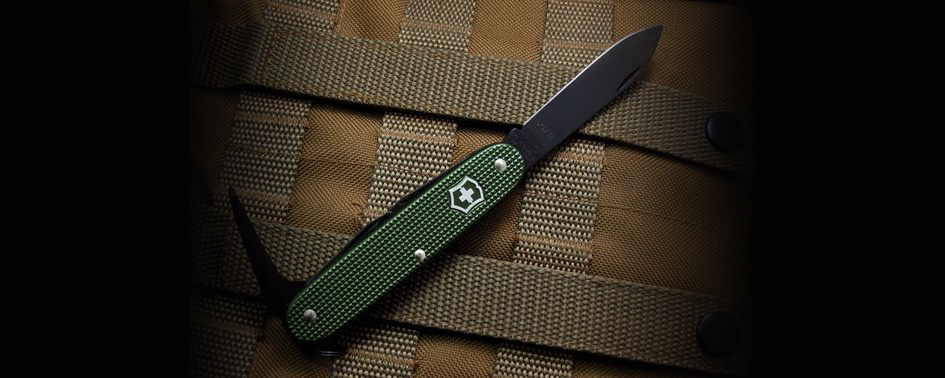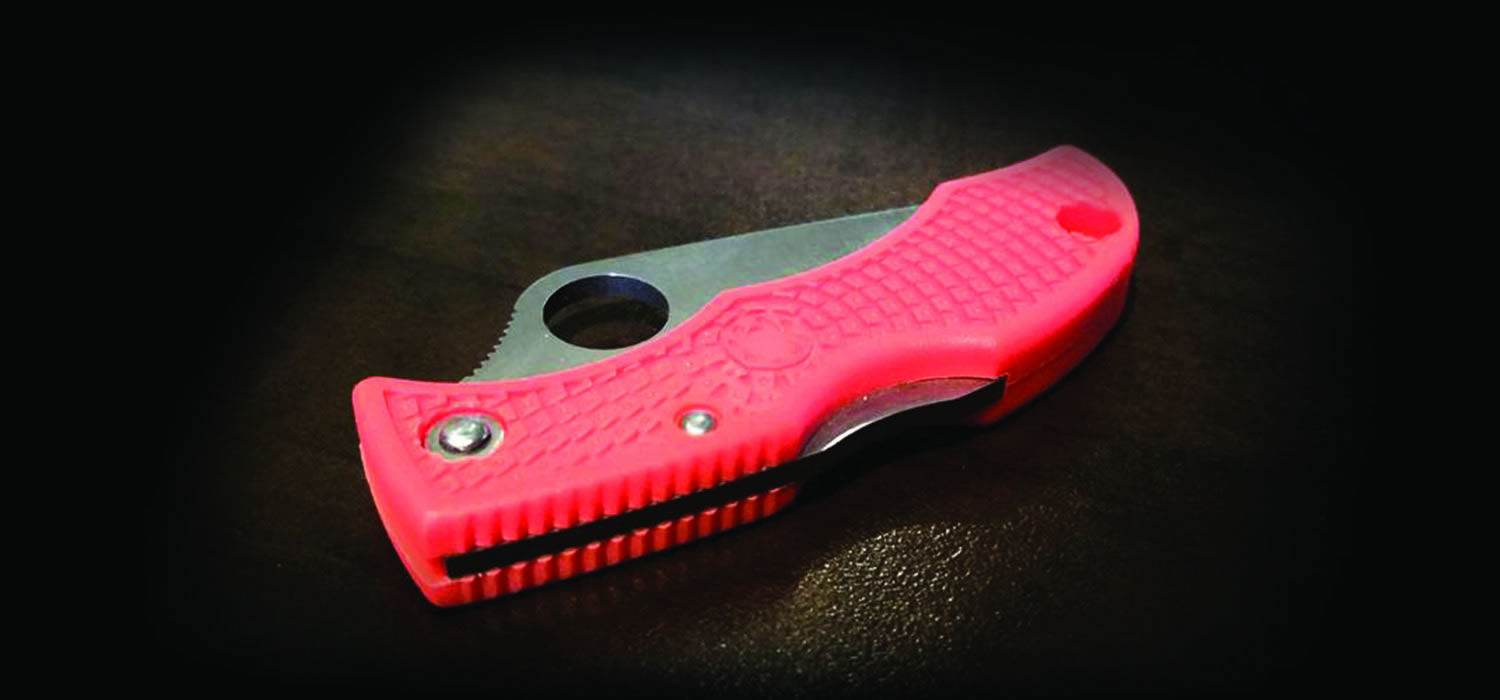When you get your first Atwood you are conflicted, you stand back and admire the work of art you just purchased and then you realize why you bought it in the first place; to use it. Getting your tools dirty or scratch for the first time is nerve racking and you just have to get past that moment. After that moment you realize these are tools and they are meant to be used as such. Atwood tools may look like they are limited in function (depending on the model) but the functions are only limited by the user’s imagination (lists of some of these functions are on Peter’s website). Atwood tools are a good companion for you pocket knives as well as multitools, a good thing to carry if your knives cost anything over $50. Remember, knives are not meant to be used as pry bars and having a tool such as an Atwood can be a lifesaver for your blade. They can be buddied up with a multitool to aid as an extra screwdriver, a wrench or simply a tool that tool pick up the functions that your multitool lacks. The reality is, once you go Atwood you never look back.

Like with my other Atwoods I looked upon the Atwood with a sense of pride It being my first pry tool I was eager to see how I can put this thing to work. So I set out on my little journey finding what uses I could get out of it without grabbing the multitool I usually have with me. I have used my tool to poke, pry and scrape various things and the little guy keeps coming back for more. Now I cannot mention all I have used this for, not because it would be a rather long winded review but I can’t frankly remember everything I have used it for. Here are some examples though:
Used the V-notch to take tags off of some clothes the kids had that they needed to put for pictures, being in a place with other folks around I didn’t just want to whip out a knife blade. The Atwood is small enough it doesn’t draw attention to you and makes people more curious than apprehensive.
The pry area on the rear of the tool was used as a screwdriver. I was putting together a umbrella display at work, the tool worked pretty good as a screwdriver but due to the small size I was not able to get the screws real tight an ended up using a multitool to finish the job.

I was taking apart the floor machine at work to install a new vacuum line because the old one had a crack in it. The two vacuum hoses meet on the underside of the lid where the waste water enters the holding tank. The hoses are located behind a steel plate that is held in with sever screws, even after all of them were removed it was still held in place by a rubber seal and a lot crud from the floors. I used the main pry area of the tool (the area with the v-notch) to pry the plate loose and was able to get to the underlying hoses.

As you can see, the tool is pretty much limitless in its functions and these are only a few. The Gasbaby gets its name because it has three cut outs in the main body that can be used to adjust the valves on various types of equipment that requires a wrench to open them. The Gasbaby is said to work on O2 canisters, small acetylene tanks and anything that supports a 3/8” or a 1/4” wrench. The only one that I have confirmed it to work on is an O2 bottle. My dad is on Oxygen and he has a couple tanks around the house, he seemed interested with it having an O2 wrench on it and I think I see one of these tools being his in the future.
The Gasbaby is a very neat tool with a lot of quality and ingenuity behind it, while I have not used the tool for every function it advertises I think I have already gotten my fair share of use out of it. Somewhere out there is an Atwood tool to meet your needs, I encourage you to go to Peter’s site: www.atwoodknives.com and check out his lineup. I have been told there are two types of Atwood fans, those who collect and those who use them. I will let you define what type of person you will be, but it’s up to you to decide.





